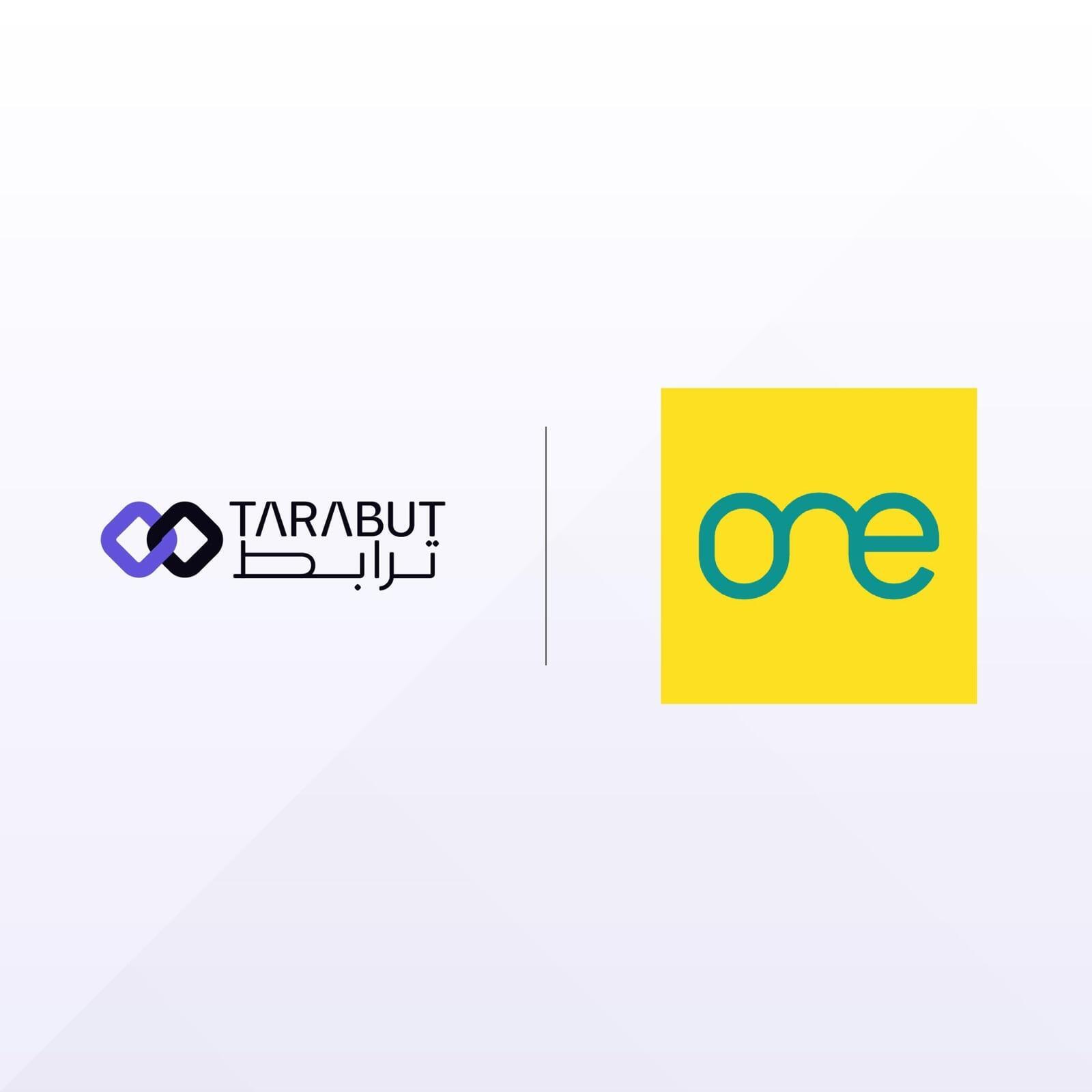16 Mar 2023 - It’s easy to understand the excitement around open banking; it’s a game changer! Not only will it improve customer service and data security, but it would also generate new revenue streams and create a more financially inclusive world. Just imagine this: many of our financial lives’ mundane, administrative tasks will disappear with automated and interconnected technology. Next level customer-centricity is not the only advantage here; open banking adoption will lower entry barriers for fintechs and businesses like never before – enabling innovative collaborations with banks and creating alternative business models for financial services.
But, sometimes, with new technology comes feelings of apprehension and uncertainty – especially when it’s meant to shake-up and transform the traditional ways of the financial services sector. The good news is open banking, while still in its early stages in the MENA region, has been in the global market for a while with a track-record of tried and tested benefits for financial sector market players. And banks have a lot to gain.
Banks’ secret power: trust
The digitalization of financial services is lowering barriers to market entry, so it is not a stretch to say that banks will face increasing competition with fintechs and businesses gaining licenses to offer financial solutions.
One important factor to remember here is that the natural advantage that banks hold cannot be discounted: trust! Over years, and even generations, banks have created relationships of trust with their customers – relationships that are not easily replaceable. This means that well-regulated and familiar banks are most likely to remain central to commerce and society for a long time to come. In this quickly evolving environment, the amount of competition pales in comparison to the plethora of opportunities coming about with open banking, as a complete and positive transformation for the sector is on the near horizon.
So, how is open banking beneficial to banks?
Here are at least five ways banks can benefit from open banking:
- Traditionally, banks did everything themselves, and the good news is, they might not need to do that anymore. As fintechs enter the market, we expect to see many businesses specialising in niche banking activities. This means that customers are no longer bound to the financial bundles provided by their primary bank as they can choose from a range of financial products from various fintechs or even banks to satisfy their needs. For many banks, this means that they can unbundle large banking offerings by shedding less profitable parts of their products, or breaking them down and outsourcing them to newcomers who have the specialised resources and energy. With open banking, banks are able and motivated to unbundle large products and re-bundle them with more efficiency and customer-centricity.
- Instead of competing for new skills and talent, banks can potentially partner with relevant fintechs to gain the scarce skills and specialised resources they need and help manage costs. Partnerships can reduce the need for recruitment of difficult-to-source talent, and they can also fast-track innovation and development. What does this result in? It allows for more effective improvement of service levels and better customer relationships which can help to attract new customers. How? We’re already seeing a number of prominent regional banks partnering with global fintechs to enhance some of their offerings – and as the region’s fintech space grows further, we expect to see more of these partnerships taking place locally . Take First Abu Dhabi Bank’s (FAB) partnership with Komgo, a global fintech offering trade solutions, as an example. FAB’s key customers can now initiate trade finance transactions and obtain competitive pricing through Komgo’s network, while also allowing the bank to enhance its trade secondary risk distribution capabilities.
- Open banking has the potential to simplify compliance and reduce costs. We’re expecting to see developments of new Know Your Customer (KYC) and Anti Money Laundering (AML) protocols based on the ability to share data across platforms. While banks are the natural gatekeepers of consumer data, the cost and responsibility for KYC/AML is likely to be shared by all service providers who have access.
- Banks can now put the ‘custom’ back in ‘customer’ with aggregated and accessible financial information through user-friendly customer experiences. A more convenient and less intimidating experience will encourage higher customer interaction and retention rates with banks, and also helps banks maintain their market share. An enhanced interface can also influence sound financial management for customers and foster stronger relationships between customers and their banks. It is a great opportunity for banks to strengthen that one essential ingredient which keeps customers coming: trust.
- The above goes both ways, banks will also have access to a more comprehensive view of a customer’s financial health, their habits and preferences, and can use this intelligence to personalise their communication with customers. The focus here is on: fostering loyalty and cross-selling financial solutions that meet the customer’s unique wants and needs.
Imagine, for example, a personalised, weekly newsletter for each client full of information about innovative and just-launched products and solutions based on their preferences. Or case studies of how customers created wealth through using the knowledge and insights of the bank. We have already seen some major banks reshape their operations to increase agility and ability to navigate the new normal. These banks will not only survive the coming challenges but are also likely to thrive in the new regulatory environment.
For banks that have yet to begin to analyse their current operations in relation to open banking, now is a good time to start.
Why choosing your open banking partner carefully matters
It’s simple: banks that are first to take the decisive steps towards open banking have the advantage, and partnering with the right open banking platform is the key to success. When investing in tech development to meet open banking standards, we know from the experience of early adopters that it’s an excellent opportunity to go beyond compliance and prepare the bank to meet its future needs as well as its customers.
Senior banking teams should choose their open banking partner carefully, using criteria beyond just cost. Think about: expertise, network coverage, seamless integration, and security. In parallel, also think about TG Connect as the solution that offers you all the criteria you need to get your open banking journey started.

Relevant releases

Amazon Web Services and Tarabut Join ONE App to Enhance the Future of Digital Financial Solutions in Bahrain
ONE App, Bahrain’s first comprehensive digital financial marketplace, has announced the addition of Amazon Web Services and Tarabut to its list of key partners contributing to the development and enhancement of the user experience.
